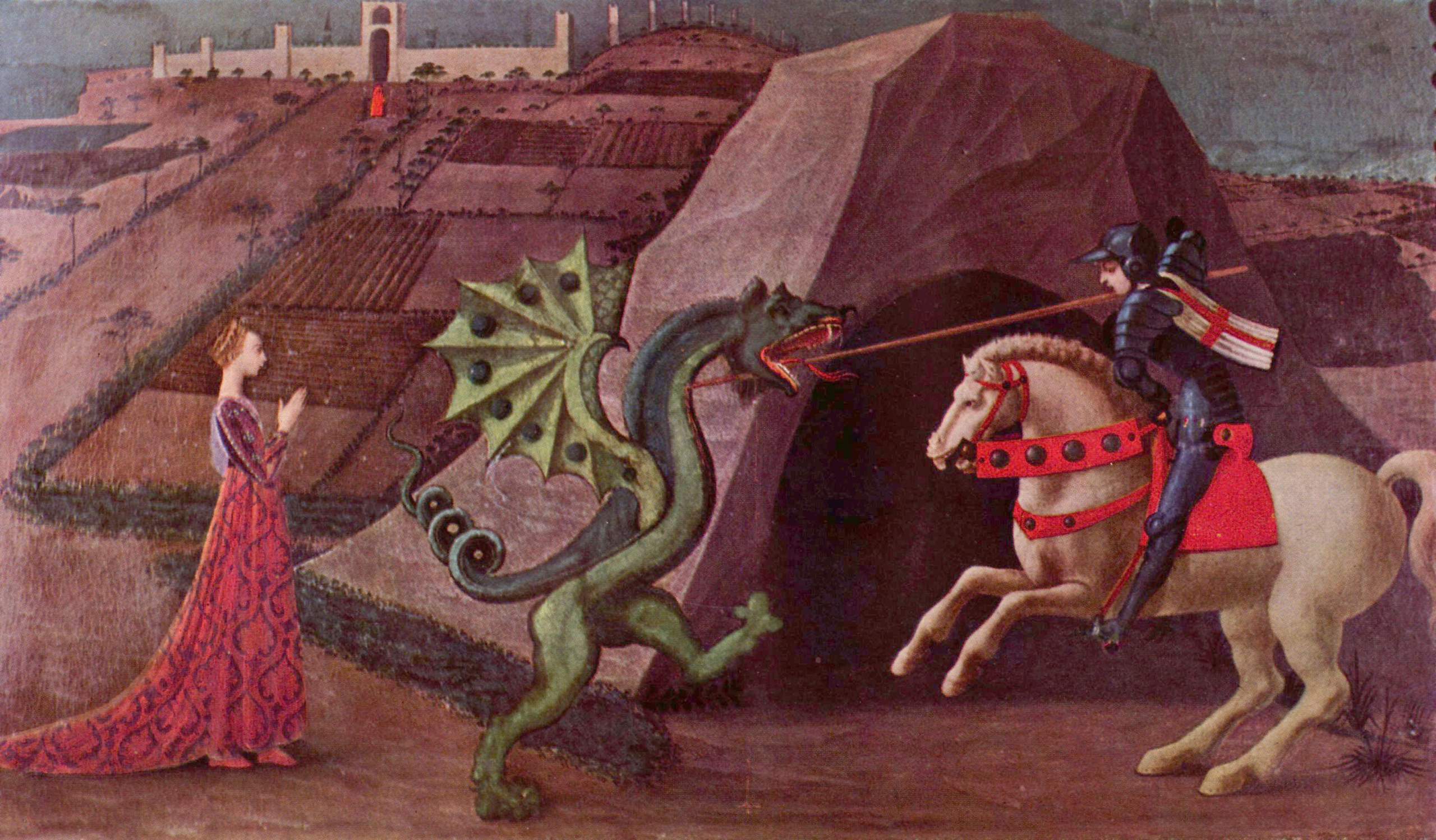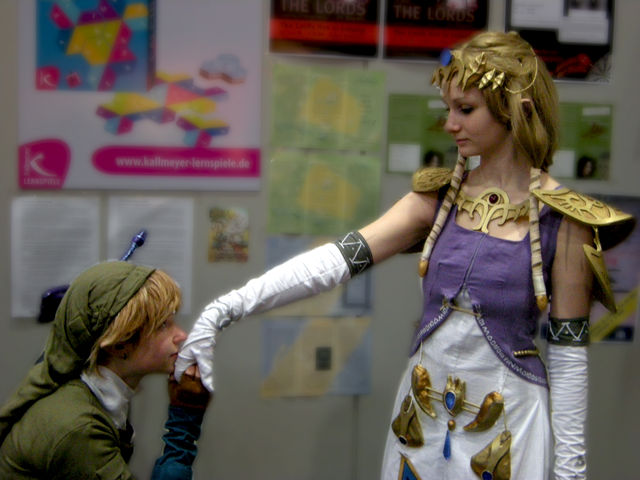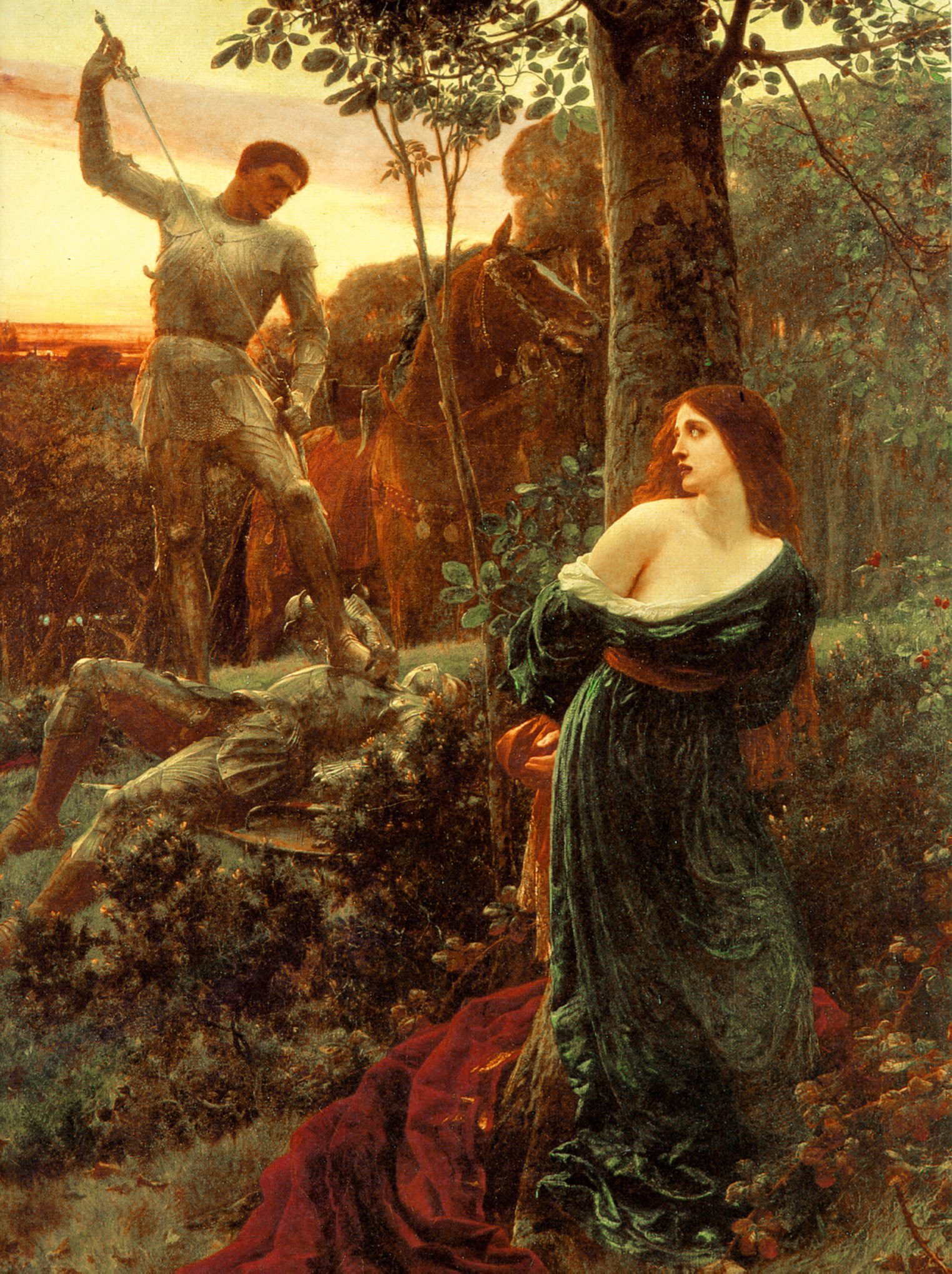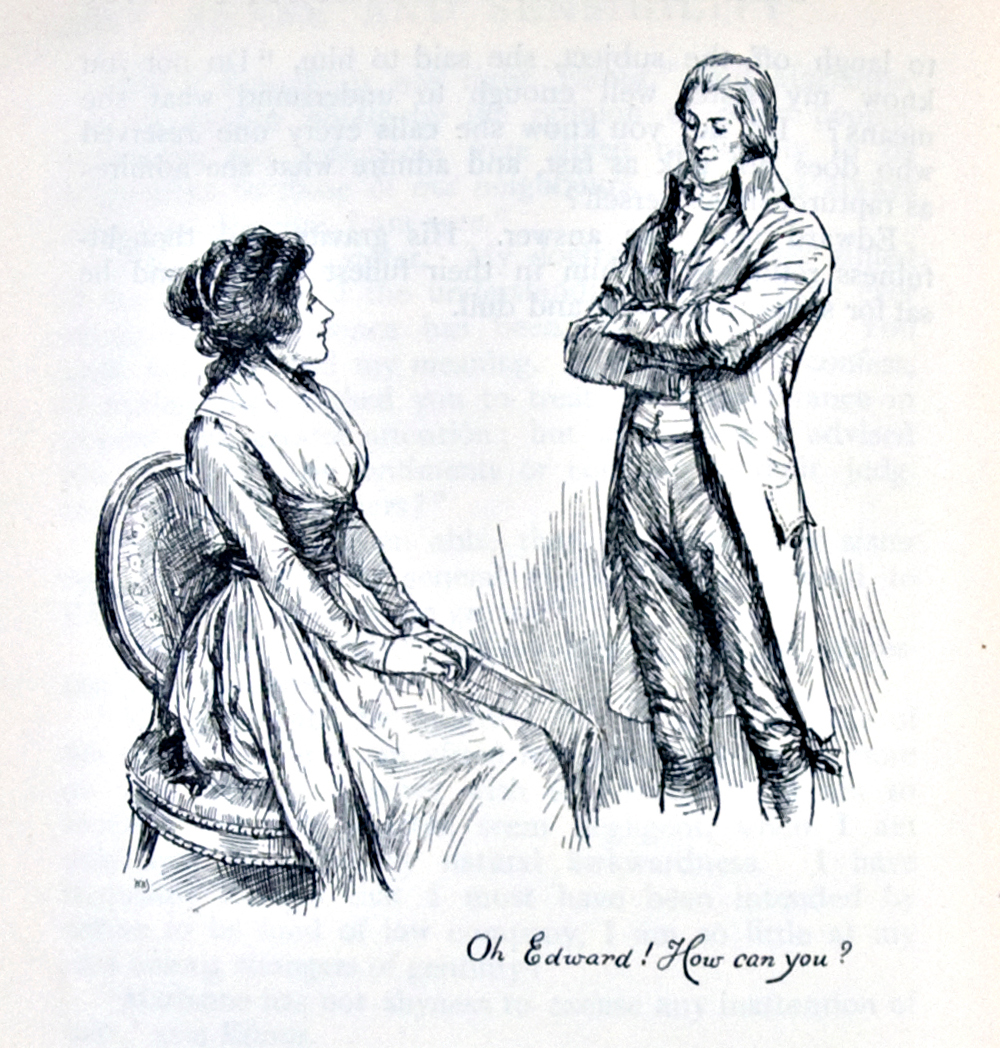|
Gender In Speculative Fiction
Gender has been an important theme explored in speculative fiction. The genres that make up speculative fiction (SF), science fiction, fantasy, supernatural fiction, horror, superhero fiction, science fantasy and related genres (utopian and dystopian fiction), have always offered the opportunity for writers to explore social conventions, including gender, gender roles, and beliefs about gender. Like all literary forms, the science fiction genre reflects the popular perceptions of the eras in which individual creators were writing; and those creators' responses to gender stereotypes and gender roles. Many writers have chosen to write with little or no questioning of gender roles, instead effectively reflecting their own cultural gender roles onto their fictional world. However, many other writers have chosen to use science fiction and non-realistic formats in order to explore cultural conventions, particularly gender roles. This article discusses works that have explored or expa ... [...More Info...] [...Related Items...] OR: [Wikipedia] [Google] [Baidu] |
Gender
Gender is the range of characteristics pertaining to femininity and masculinity and differentiating between them. Depending on the context, this may include sex-based social structures (i.e. gender roles) and gender identity. Most cultures use a gender binary, in which gender is divided into two categories, and people are considered part of one or the other (boys/men and girls/women);Kevin L. Nadal, ''The SAGE Encyclopedia of Psychology and Gender'' (2017, ), page 401: "Most cultures currently construct their societies based on the understanding of gender binary—the two gender categorizations (male and female). Such societies divide their population based on biological sex assigned to individuals at birth to begin the process of gender socialization." those who are outside these groups may fall under the umbrella term ''non-binary''. Some societies have specific genders besides "man" and "woman", such as the hijras of South Asia; these are often referred to as ''third gende ... [...More Info...] [...Related Items...] OR: [Wikipedia] [Google] [Baidu] |
Lisa Tuttle
Lisa Gracia Tuttle (born September 16, 1952) is an American-born science fiction, fantasy, and horror author. She has published more than a dozen novels, seven short story collections, and several non-fiction titles, including a reference book on feminism, ''Encyclopedia of Feminism'' (1986). She has also edited several anthologies and reviewed books for various publications. She has been living in the United Kingdom since 1981. Tuttle won the John W. Campbell Award for Best New Writer in 1974, received the 1982 Nebula Award for Best Short Story for " The Bone Flute", which she refused, and the 1989 BSFA Award for Short Fiction for "In Translation". Writing career Lisa Tuttle began writing when she attended The Kinkaid School in Piney Point Village, Texas. At the Mirabeau B. Lamar Senior High School in Houston she was active in science fiction fandom, and founded and edited the Houston Science Fiction Society's fanzine, ''Mathom''. At Syracuse University in New York, she wrot ... [...More Info...] [...Related Items...] OR: [Wikipedia] [Google] [Baidu] |
Hero
A hero (feminine: heroine) is a real person or a main fictional character who, in the face of danger, combats adversity through feats of ingenuity, courage, or Physical strength, strength. Like other formerly gender-specific terms (like ''actor''), ''hero'' is often used to refer to any gender, though ''heroine'' only refers to women. The original hero type of classical epics did such things for the sake of glory (honor), glory and honor. post-classical history, Post-classical and modern history, modern heroes, on the other hand, perform great deeds or selfless acts for the common good instead of the classical goal of wealth, pride, and fame. The antonym of ''hero'' is ''villain''. Other terms associated with the concept of ''hero'' may include ''good guy'' or ''wikt:white hat, white hat''. In Classics, classical literature, the hero is the main or revered character in Epic poetry, heroic epic poetry celebrated through ancient legends of a people, often striving for milit ... [...More Info...] [...Related Items...] OR: [Wikipedia] [Google] [Baidu] |
Adweek
''Adweek'' is a weekly American advertising trade publication that was first published in 1979. ''Adweek'' covers creativity, client–agency relationships, global advertising, accounts in review, and new campaigns. During this time, it has covered various shifts in technology, including cable television, the shift away from commission-based agency fees, and the Internet. As the second-largest advertising-trade publication, its main competitor is ''Advertising Age''. ''Adweek'' also operates various blogs focusing on the advertising and mass media industry, including its flagship ''AdFreak'' blog and the Adweek Blog Network, which was formed from the assets of Mediabistro. Related publications include ''Adweek Magazine's Technology Marketing'' (ISSN 1536-2272), and ''Adweek's Marketing Week'' (ISSN 0892-8274). [...More Info...] [...Related Items...] OR: [Wikipedia] [Google] [Baidu] |
Gender Representation In Video Games
The portrayal of men and women in video games, as in other media, is a subject of research in gender studies and is discussed in the context of sexism in video gaming. Although women make up about half of video game players, they are significantly underrepresented as characters in mainstream games, despite the prominence of iconic heroines such as Samus Aran or Lara Croft. The portrayal of women in games often reflects traditional gender roles, sexual objectification, or stereotypes such as that of the "damsel in distress". Male characters are often stereotypically depicted as big and muscular, and LGBT characters have been slow to appear in video games as a result of the heteronormativity of the medium. Research indicates that how genders are portrayed in games can influence players' perception of gender roles, and that young girls prefer to play a character of their own gender much more than boys do. On average, female-led games sell fewer copies than male-led ones, but also h ... [...More Info...] [...Related Items...] OR: [Wikipedia] [Google] [Baidu] |
Damsel In Distress
The damsel in distress is a recurring narrative device in which one or more men must rescue a woman who has either been kidnapped or placed in general peril. Kinship, love, or lust (or a combination of those) gives the male protagonist the motivation or compulsion to initiate the narrative. The female character herself may be competent, but still finds herself in this type of situation. The helplessness of these fictional females, according to some critics, is linked to views outside of fiction that women as a group need to be taken care of by men. The evolution of the trope throughout history has been described as such: "What changes through the decades isn’t the damsel (the woman is always the weak victim in need of the male savior) – it’s the attacker. The faces of the attacker in popular media are legion: monsters, mad scientists, Nazis, hippies, bikers, aliens... whichever group best meets the collective fears of a culture gets the role". Etymology The word "damsel ... [...More Info...] [...Related Items...] OR: [Wikipedia] [Google] [Baidu] |
Villainess
A villain (also known as a "black hat" or "bad guy"; the feminine form is villainess) is a stock character, whether based on a historical narrative or one of literary fiction. ''Random House Unabridged Dictionary'' defines such a character as "a cruelly malicious person who is involved in or devoted to wickedness or crime; scoundrel; or a character in a play, novel, or the like, who constitutes an important evil agency in the plot". The antonym of a villain is a hero. The villain's structural purpose is to serve as the opposition of the hero character and their motives or evil actions drive a plot along. In contrast to the hero, who is defined by feats of ingenuity and bravery and the pursuit of justice and the greater good, a villain is often defined by their acts of selfishness, evilness, arrogance, cruelty, and cunning, displaying immoral behavior that can oppose or pervert justice. Etymology The term ''villain'' first came into English from the Anglo-French and Old Fr ... [...More Info...] [...Related Items...] OR: [Wikipedia] [Google] [Baidu] |
Paolo Uccello 050
Paolo is both a given name and a surname, the Italian form of the name Paul. Notable people with the name include: People with the given name Paolo Art *Paolo Alboni (1671–1734), Italian painter *Paolo Abbate (1884–1973), Italian-American sculptor *Paolo Antonio Barbieri (1603–1649), Italian painter * Paolo Buggiani (born 1933), Italian contemporary artist *Paolo Carosone (born 1941), Italian painter and sculptor *Paolo Moranda Cavazzola (1486–1522), Italian painter *Paolo Farinati (c. 1524–c. 1606), Italian painter * Paolo Fiammingo (c. 1540–1596), Flemish painter *Paolo Domenico Finoglia (c. 1590–1645), Italian painter *Paolo Grilli (1857–1952), Italian sculptor and painter *Paolo de Matteis (1662–1728), Italian painter * Paolo Monaldi, Italian painter *Paolo Pagani (1655–1716), Italian painter *Paolo Persico (c. 1729–1796), Italian sculptor *Paolo Pino (1534–1565), Italian painter *Paolo Gerolamo Piola (1666–1724), Italian painter *Paolo Porpora (1617 ... [...More Info...] [...Related Items...] OR: [Wikipedia] [Google] [Baidu] |
The Encyclopedia Of Fantasy
''The Encyclopedia of Fantasy'' is a 1997 reference work concerning fantasy fiction, edited by John Clute and John Grant. Other contributors include Mike Ashley, Neil Gaiman, Diana Wynne Jones, David Langford, Sam J. Lundwall, Michael Scott Rohan, Brian Stableford and Lisa Tuttle. The book was well-received on publication. During 1998, it received the Hugo Award, World Fantasy Award, and Locus Award. The industry publication ''Library Journal'' described ''The Encyclopedia of Fantasy'' as "the first of its kind". Since November 2012, the full text of ''The Encyclopedia of Fantasy'' is available on-line, as a companion to the on-line edition of ''The Encyclopedia of Science Fiction''. The editors of ''The Encyclopedia of Science Fiction'' have stated that there are not any plans to update ''The Encyclopedia of Fantasy'', at least for the foreseeable future, although some death dates post-1997 have been added. However, author and theme entries in ''The Encyclopedia of Science ... [...More Info...] [...Related Items...] OR: [Wikipedia] [Google] [Baidu] |
John Grant (author)
Paul le Page Barnett (22 November 1949 – 3 February 2020), known by the pen name of John Grant, was a Scottish writer and editor of science fiction, fantasy, and non-fiction. Biography Born Paul le Page Barnett in Aberdeen, Scotland, Grant has sometimes written under his own name (Paul Barnett), as Eve Devereux, and under various other pseudonyms; he has also ghostwritten a number of books. The author of some 70 books in all (excluding ghostwritten books), he has published several original novels as well as one novel in the Judge Dredd series and, with Joe Dever, 11 novels and a novella collection in the ''Legends of Lone Wolf (gamebooks), Lone Wolf'' series; edited several anthologies, beginning with ''Aries 1'' (1979) and most recently ''New Writings in the Fantastic'' (2007); and has written dozens of nonfiction works, including several relating to fantasy Fantasy is a genre of speculative fiction involving Magic (supernatural), magical elements, typically set in a ... [...More Info...] [...Related Items...] OR: [Wikipedia] [Google] [Baidu] |
Romance Novel
A romance novel or romantic novel generally refers to a type of genre fiction novel which places its primary focus on the relationship and romantic love between two people, and usually has an "emotionally satisfying and optimistic ending." Precursors include authors of literary fiction, such as Samuel Richardson, Jane Austen, and Charlotte Brontë. There are many subgenres of the romance novel, including fantasy, gothic, contemporary, historical romance, paranormal fiction, and science fiction. Although women are the main readers of romance novels a growing number of men enjoy them as well. The Romance Writers of America cite 16% of men read romance novels. "Many people today don’t realize that romance is more than a love story. Romance can be a complex plotline with a setting from the past in a remote, faraway place. Instead of focusing on a love story, it idealizes values and principles that seem lost in today’s world of technology and instant gratification. However, roma ... [...More Info...] [...Related Items...] OR: [Wikipedia] [Google] [Baidu] |
Historical Fiction
Historical fiction is a literary genre in which the plot takes place in a setting related to the past events, but is fictional. Although the term is commonly used as a synonym for historical fiction literature, it can also be applied to other types of narrative, including theatre, opera, cinema, and television, as well as video games and graphic novels. An essential element of historical fiction is that it is set in the past and pays attention to the manners, social conditions and other details of the depicted period. Authors also frequently choose to explore notable historical figures in these settings, allowing readers to better understand how these individuals might have responded to their environments. The historical romance usually seeks to romanticize eras of the past. Some subgenres such as alternate history and historical fantasy insert intentionally ahistorical or speculative elements into a novel. Works of historical fiction are sometimes criticized for lack of authe ... [...More Info...] [...Related Items...] OR: [Wikipedia] [Google] [Baidu] |




